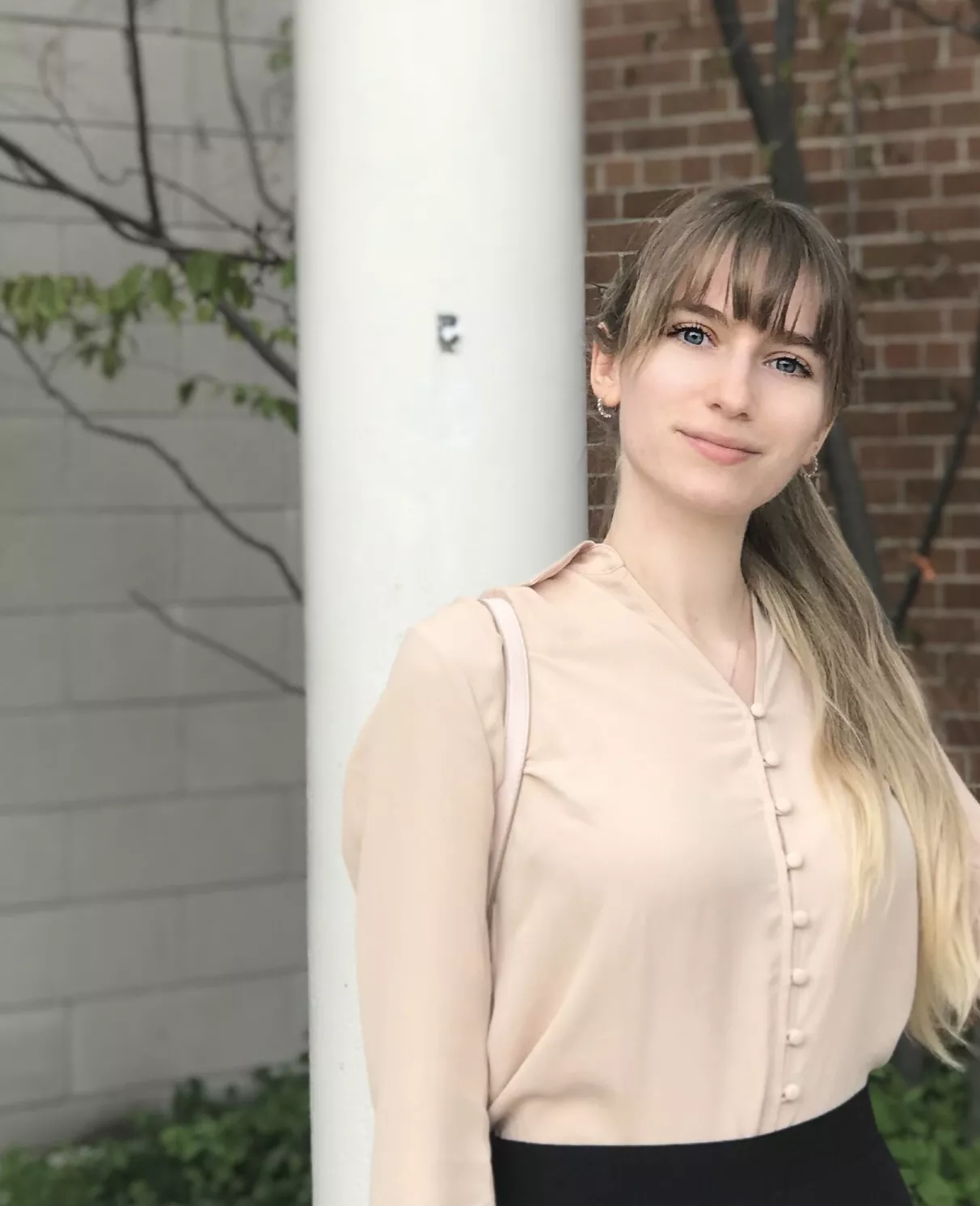What Nicoleta says about the programme

Name: Nicoleta Voicu
Age: 25
Nationality: Romanian Canadian
Why did you choose Lund University and the Master's Programme in Strategic Communication?
During the fourth year of my undergraduate program, I knew I wanted to further my education. Thus, I searched for a program to build on my current skill set. As a political science major, I wanted to learn more about how people, groups, and organizations communicate. I also wanted to work in a fast-paced setting where I could support organizations in their quest to influence opinion. After a few days of searching for some of the best universities to study, I came across Lund University and the strategic communication program that piqued my interest. Not only is Lund University constantly placed in the world’s top 100 universities, but Sweden has one of the highest proficiency in English and is a safe country; the diversity of the courses aligned with my passions that pushed Lund over the edge to first place. I knew the Master’s Programme in Strategic Communication would be valuable to me.
What is the best thing about your programme?
From my two years in the program, I’ve learned the importance of building a network of peers and professors in a multicultural context. Being part of an international program allows you to develop highly sought-after skills such as intercultural communication, adaptability, global perspective, and problem-solving in diverse situations.
What is it like to live and study in Sweden?
Before I moved to Sweden to begin my studies, I was so nervous. I had never visited Sweden, let alone a Nordic country, so I had yet to learn what to expect, even though I was constantly googling the experiences of others. In the end, my time in Sweden was somewhat like my life in Canada in terms of the culture and people since the two countries are similar in many ways. Sweden taught me the “lagom” mentality and the “fika” culture that will be taking with me where I go next because there is nothing better than sitting with friends and having a coffee and pastries combo. After living in Helsingborg for two years, I love being an international student at Lund University and Campus Helsingborg.
What are the biggest differences between this programme and your undergraduate programme?
The academic year is structured differently. In my bachelor's, the academic year was from September to April, split into two semesters, September to December and January to April. In Sweden, at the end of August until January and the second semester from January to early June. But this is an easy adaptation. The course structure is a different story. For my bachelor's, the standard course load was 5 courses per semester that ran simultaneously. Of course, you could take 4 or 6 courses if you graduate with the correct number of credits. Here, you take 4 courses that are 5 weeks long per semester and run one at a time. Meaning, you focus on one subject for 5 weeks before moving to the next one, and so on. While this is a great system, so students don’t have to judge too many subjects, it was a hard adjustment from a system where you adapted to multitasking subjects.
Do you have any advice for students considering studying at Lund University and Campus Helsingborg?
If you want to further your studies, go for it! It is as simple as that. The longer you question your decisions you start to doubt yourself.
Do you have any favourite places in Helsingborg?
The sea. Growing up, we lived in a charming little seaside town in England. To me, living close to the sea is highly therapeutic and calming, even when it’s cold outside. Either early in the first semester or late second semester, going down by the swimming platforms and having a little picnic by the water while watching the sunset makes you feel grateful to live here every day.
What are your plans for the future?
Being close to graduation as I write this, I’ve thought about this question a lot because the old cliché of the quarter-life crisis is real. What am I doing with my life? What country do I want to live in? Who do I want to be? You start to question yourself. While I don’t know what direction life will take me, I know that real life isn’t a race, so I want to take my time to figure out the definition and criteria of what the “perfect” job is for me.

